For more than a decade, Osas Ighodaro has graced Nollywood screens with unforgettable performances, building a career defined by range, discipline, and charisma. At Deeds, we've long admired artists who expand the definition of creativity, and Ighodaro embodies that evolution. Known globally as an actor and recognized at home as one of Nollywood's brightest stars, she's long been an entrepreneur, advocate, and mother. Now she adds executive producer to a résumé that's never been about titles but about impact.
Ahead of the November 7 release of Three Cold Dishes, we sat with Ighodaro to talk about what it means to build a brand while protecting the woman behind it, and why African women shouldn't have to choose between ambition and care, art and advocacy, the public stage and private life.
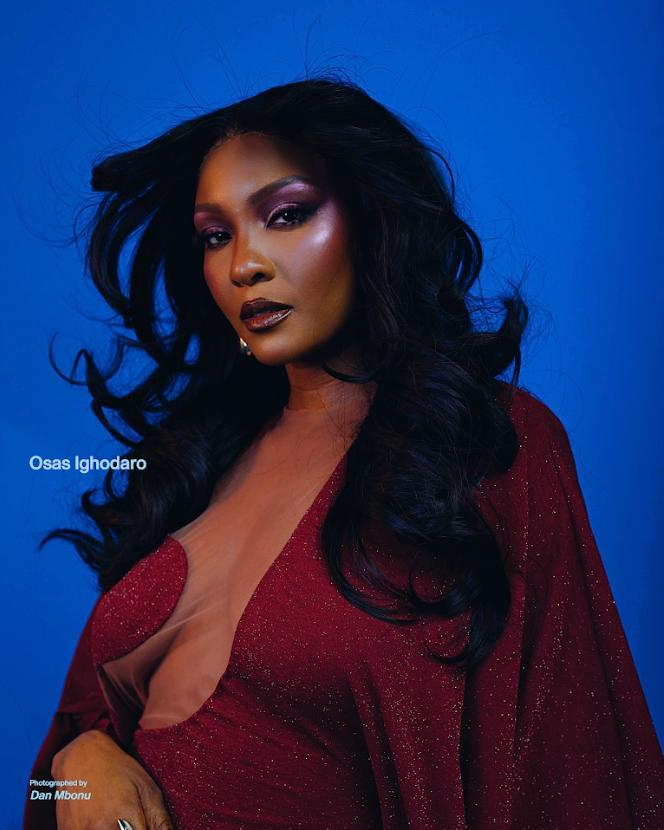
How are you feeling as we approach the November 7 release of Three Cold Dishes, where you star and also serve as a producer?
I haven’t fully taken it in because there’s always something to do, not just as an actor but as a producer. Overall, I’m grateful and excited. It hit me a bit this morning when I had to submit my guest list for the first premiere in London. I thought, “Oh my goodness my family and friends are coming to see me in this capacity as an actor and a producer.” That’s major to me. I’m grateful, but I haven’t really sat down to say, “Yo—blockbuster loading.” So I’m staying focused. A lot of work has gone into this from planning to post, and it keeps going. I’m grateful and excited, and I can’t wait for everyone to experience it. I pray people connect with it and appreciate the work that was put in.

Three Cold Dishes tackles the serious issue of human trafficking through a revenge-driven story. What drew you to the project, especially as both lead and producer?
That’s exactly what drew me in. My manager got an email from the Three Cold Dishes team. I read the synopsis and was taken aback. I’d never seen anything like it, and it was nothing like previous roles I had done. I’ve always wanted to do something outside the box, and Three Cold Dishes was that opportunity. When I got the script I thought, “How are they going to pull this off, and how am I going to do this?” The character speaks English and French, and I wasn’t sure I could pull it off. My director encouraged me, he didn’t take no for an answer. Even when I said I didn’t want to “fall anybody’s hand.” I didn’t want people to make fun of me; I just wanted justice done to the role, whether or not I played it. They encouraged me, we did it, and I pray people appreciate it. Beyond the performance challenge, I was drawn to telling a story our community doesn’t address enough. Film and TV often show Africans trafficked to Europe, but there’s also a large percentage of human trafficking within Africa itself. I felt the need to be part of a story that confronts that.

The film spans multiple African countries and languages. Why was telling a truly pan-African story important to you?
Africa has always been it, we’ve been it. The world is finally realizing how amazing we are. So why not come together to tell our stories and show how bomb we are? A pan-African film felt like the right choice and the right time. And it shouldn’t stop at Three Cold Dishes; we should keep collaborating, telling our own stories, and being proud.
How did Burna Boy come on board as an executive producer, and what did he bring to the process?
He makes us proud as an artist and entertainer. Seeing him step into producing is exciting because his name broadens the audience. It also shows creatives can collaborate across disciplines, not just actors with actors. I was in the room when he first watched it, he was elated, excited, and already asking when part two starts. It’s a great thing.
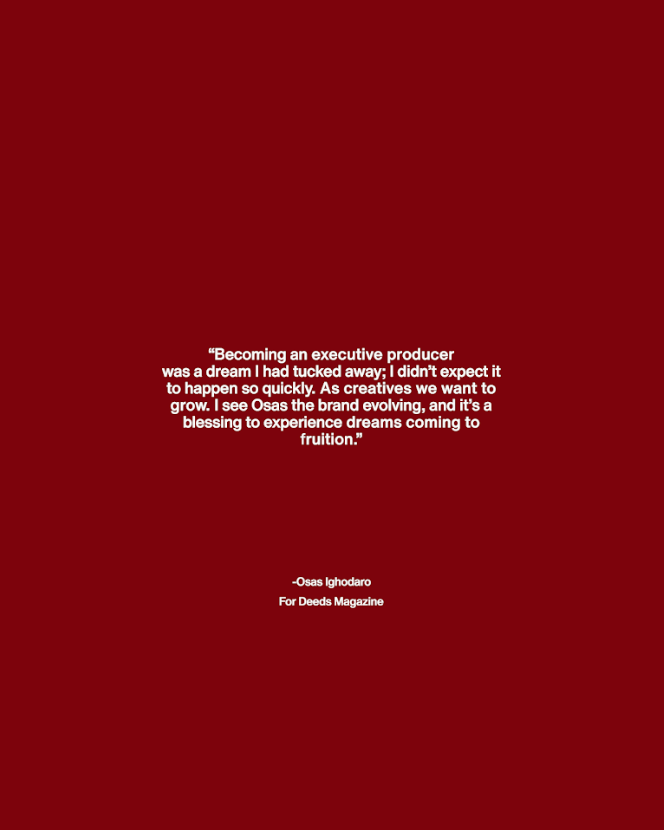
Beyond acting, do you want to keep branching out creatively?
Absolutely. Becoming an executive producer was a dream I had tucked away; I didn’t expect it to happen so quickly. As creatives we want to grow. I see Osas the brand evolving, and it’s a blessing to experience dreams coming to fruition.
What’s been the biggest learning curve moving from in front of the camera to producing as well?
Seeing both ends. As an actor, you’re in front of the camera; as a producer, you’re dealing with financing, logistics, negotiations, late nights, the stress of putting it all together. Making a project is no small thing. But I’m down for it because it lets us tell our own stories. That power, telling your story and having people connect with it, is everything. This being one of my first major executive-producer roles is huge. The keys are balance, delegation, trust, and staying open, to learning and to teaching.
Now that audiences have seen Three Cold Dishes at AFRIFF and the London premiere, what's been the most unexpected or moving response you've received from viewers?
There’s one moment that will stay with me forever. After the premiere, a woman walked up to me with tears in her eyes and said, “Thank you for finally telling my story… even though you’ve never met me.” She wasn’t an actress. She wasn’t part of the industry. She was someone whose life mirrored the pain and resilience we tried to capture in this film. And to know that she felt seen, truly seen, reminded me why we do this. Another unexpected reaction has been from men who said the film made them rethink what protection, responsibility, and empathy look like. That surprised me in such a good way. At both premieres, the standing ovations weren’t just applause, they felt like a release. Like audiences confronting something deep and choosing hope anyway. Those moments mean everything to me. They’re the fuel that keeps me going.
As a Nigerian-American artist, what responsibility do you feel toward authentic representation of African women in global media?
That’s been a goal and a dream. I want to represent my Nigerian side alongside my American side and be a bridge for Hollywood, Nollywood, Bollywood, K-pop, why not? Acting is a universal language. I feel it’s my duty to represent well and show we can work and perform anywhere, and that we resonate because we’re human. It’s not just about being a woman; it’s about being human, Nigerian, American, an artist, a creative. I carry that responsibility and hope to inspire others wherever they come from.
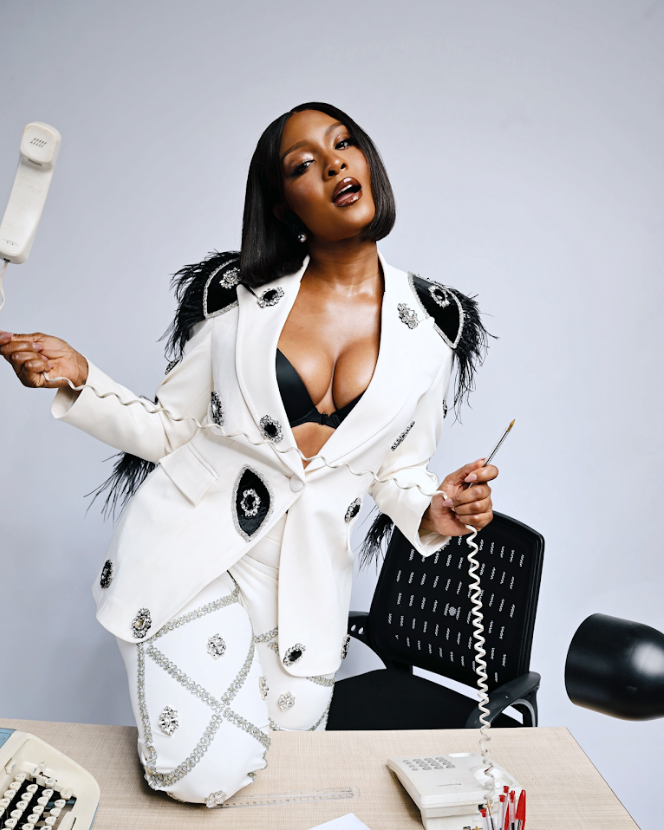
How do you express creativity day-to-day outside acting or producing?
Content days with my team, creating for social media, and letting people see my animated, jovial side. I’m quite the character! Whether it’s broadcasted or not, my creativity comes out.
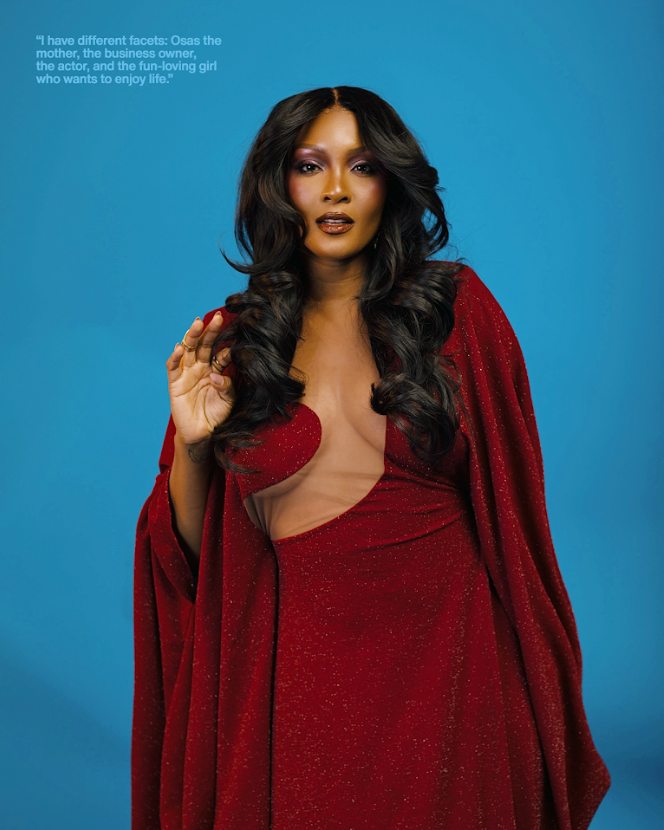
Outside of the screen, who is Osas, and how do you take care of yourself?
I have different facets: Osas the mother, the business owner, the actor, and the fun-loving girl who wants to enjoy life. I try to give attention to all parts of me so one doesn’t overwhelm the others. “Me time” is non-negotiable; you can’t pour from a half-full cup. I want to show up 100%. I even created Spa With Osas, where I go to the spa with a public figure and ask one question: What is your self-care routine? For me it’s spa time, rejuvenating, renewing, re-energizing so I can give my best to every facet of my life.
Nollywood is getting unprecedented global attention. Where do you see the industry in five years?
The goal is global, and we’re on that road. Five years from now we’ll be even more global, sharing our stories at scale. We’re evolving, and I’m proud of where Nollywood was 10–20 years ago compared to now. Personally, people asked why I moved to Nigeria instead of Hollywood. My aunt once said, “If people at home don’t know who you are, does it really matter?” That stuck. I came, did the show, stayed, and it’s been 13, 14 years working in Nollywood. I’m proud of that decision.
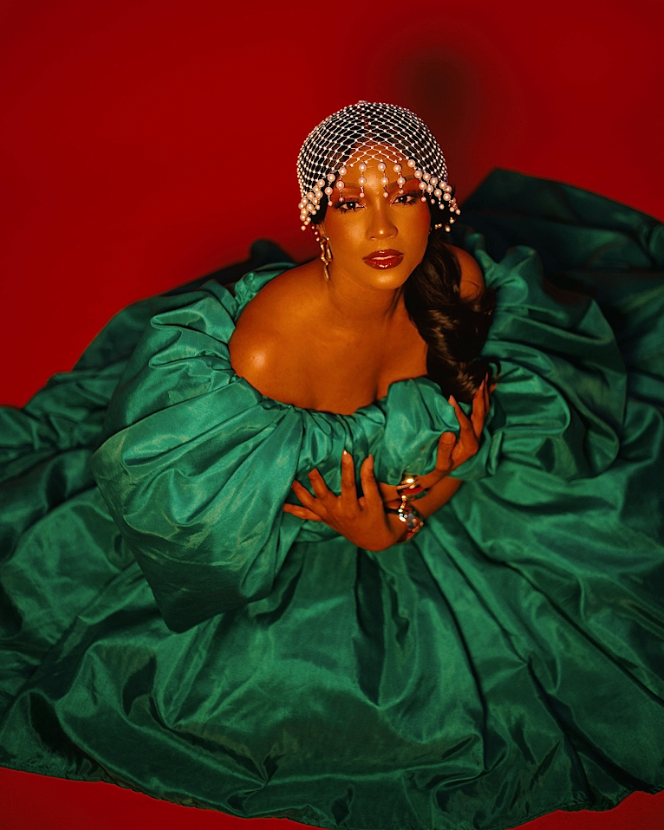
Do the roles you choose reflect your values?
If the character calls for it, yes. I don’t have to experience what every character goes through, but I always connect in some way so it’s believable and resonates. I’ve been blessed not to experience trafficking, but through documentaries and people’s stories, I connect to universal feelings—hurt, revenge, hope, and I aim to do justice to those emotions.
Tell us about the Joyful Joy Foundation, what’s the current focus?
One focus: alleviating malaria, one community at a time. My sister passed away from malaria in 2006. We launched in New York in 2012 and in Nigeria soon after. Early on, because of NGO stereotypes, I had to prove myself and be transparent, even reaching out to the Bill & Melinda Gates Foundation back then. We remain committed to monthly outreaches, free bed nets, testing, snacks, beverages, whether supported or out of my pocket.
This isn’t public yet, but my foundation and I are being honored this year as Goalkeepers by the Gates Foundation. They acknowledge only about ten globally. I’m getting ready to travel for the event. It’s full-circle and deeply touching. I’m grateful and give all glory to God. I’m His vessel.
With over 1M Instagram followers, how do you balance entertainment content with advocacy, and what messages are you most compelled to share?
I take life one day at a time to avoid getting overwhelmed. I do what matters to me and hope my actions inspire others. I’m evolving with my audience. There was a time I didn’t advocate for malaria; after my experiences, I knew I had to use my voice. Malaria awareness, women’s equality, and choosing roles that can inspire and provoke change. I follow what feels right and hope it resonates positively.
Are there other stories or themes you’re developing that you can hint at?
Yes, a few themes are in development that I’m very excited about. Watch this space, stay tuned!
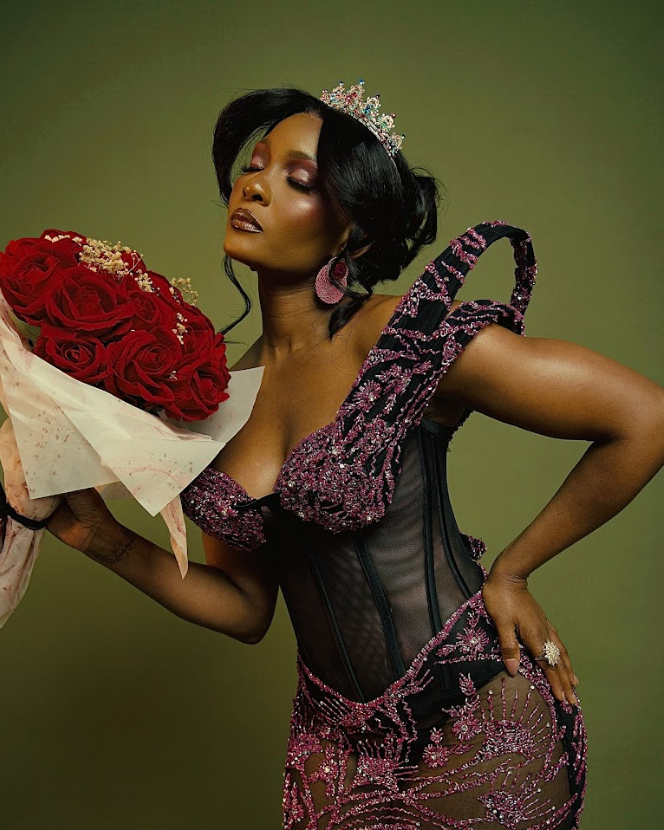
What would you like your daughter to remember about you when she looks back years from now?
I want her to be proud, and I can already see that, which is so emotional for me because I’m just trying my best. When someone recognizes me at the airport and she says, “That’s my mommy,” it makes me smile. She’s nine now, she can express herself, and she tells me she’s proud and happy—that’s her mommy. It reminds me to put my best foot forward; baby girl is watching. She’s shaping her future based on what Mommy does and how I carry myself. People say she’s well-groomed, polite, and happy, that makes me proud. Knowing I inspire her, just by doing what I love and being her mom, is such a blessing.
Three Cold Dishes has already won Best World Film at the Harlem International Film Festival and earned you a Best Actress nomination at the Septimius Awards. How does this early international recognition shift your perspective on the film's potential impact?
Honestly, it’s been overwhelming in the most beautiful way. When we made Three Cold Dishes, we weren’t chasing awards, we were chasing truth. We wanted to tell a story that carried weight, that reflected the realities so many women across our continent face. So, seeing the film resonate globally this early… it reminds me that our stories are powerful. African stories are powerful. And when they’re told with honesty and intention, the world listens. For me, the recognition is encouragement, not just for 3 Cold Dishes, but for every storyteller from our side of the world fighting to be heard. It shows that this film has the potential to spark bigger conversations, across borders, across cultures, and hopefully across systems that need to change.
What would you say to young African women who look up to you?
Take the parts that inspire you in a positive way. I live my life to my own beat and do my best. When my mom passed, I promised her I’d live life to the fullest so that when we meet again, I’ll have stories to tell. I want to make her legacy proud. I watched her sacrifice and stress, putting others before herself. It taught me it’s okay to be selfish in the healthy sense, fill your own cup so you can serve others without draining yourself. Love and support people, yes but don’t lose yourself. Live for God. Live your best life, and be inspired by the good.
What stays with us after speaking with Ighodaro is her clarity. She doesn't separate the actress from the producer, or the advocate from the mother, she threads them together into a life defined by intention and reach.
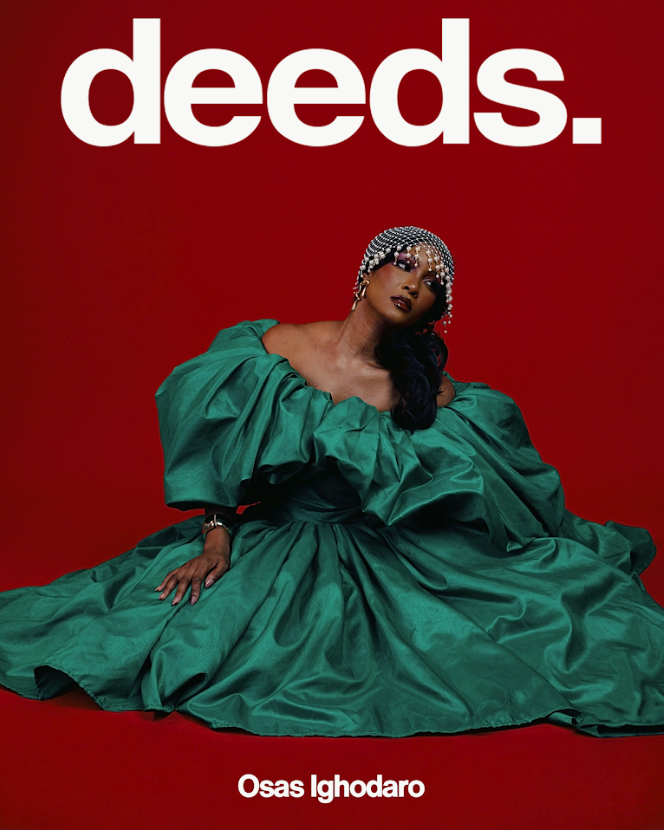
In her, Nollywood finds both a face of global representation and a voice actively shaping its future. And in her work, both on and off screen, she models what's possible when ambition and care aren't treated as opposites. For Deeds, Osas Ighodaro is proof that modern African creatives can hold space for art, advocacy, and family without losing themselves in the process.
.svg)

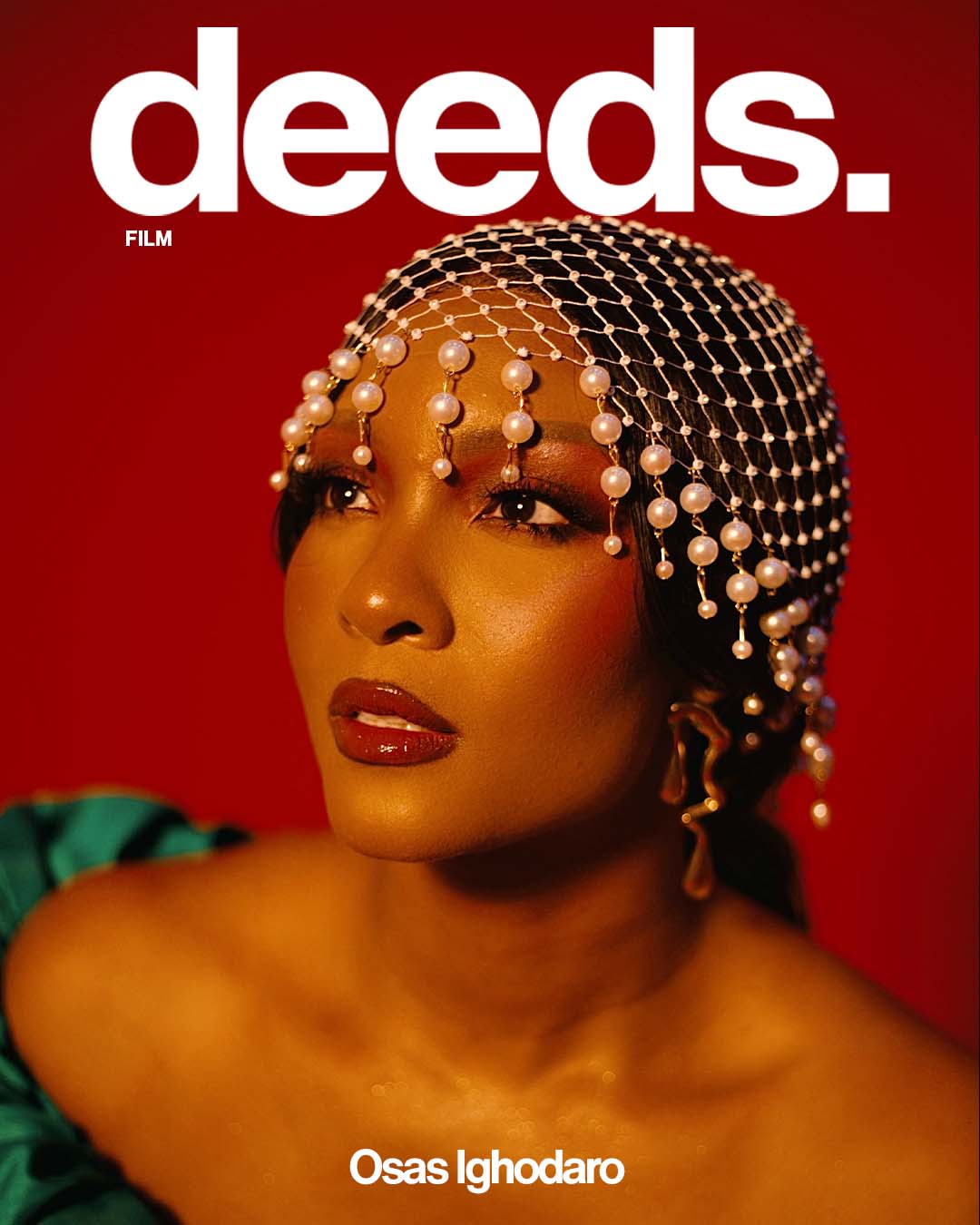
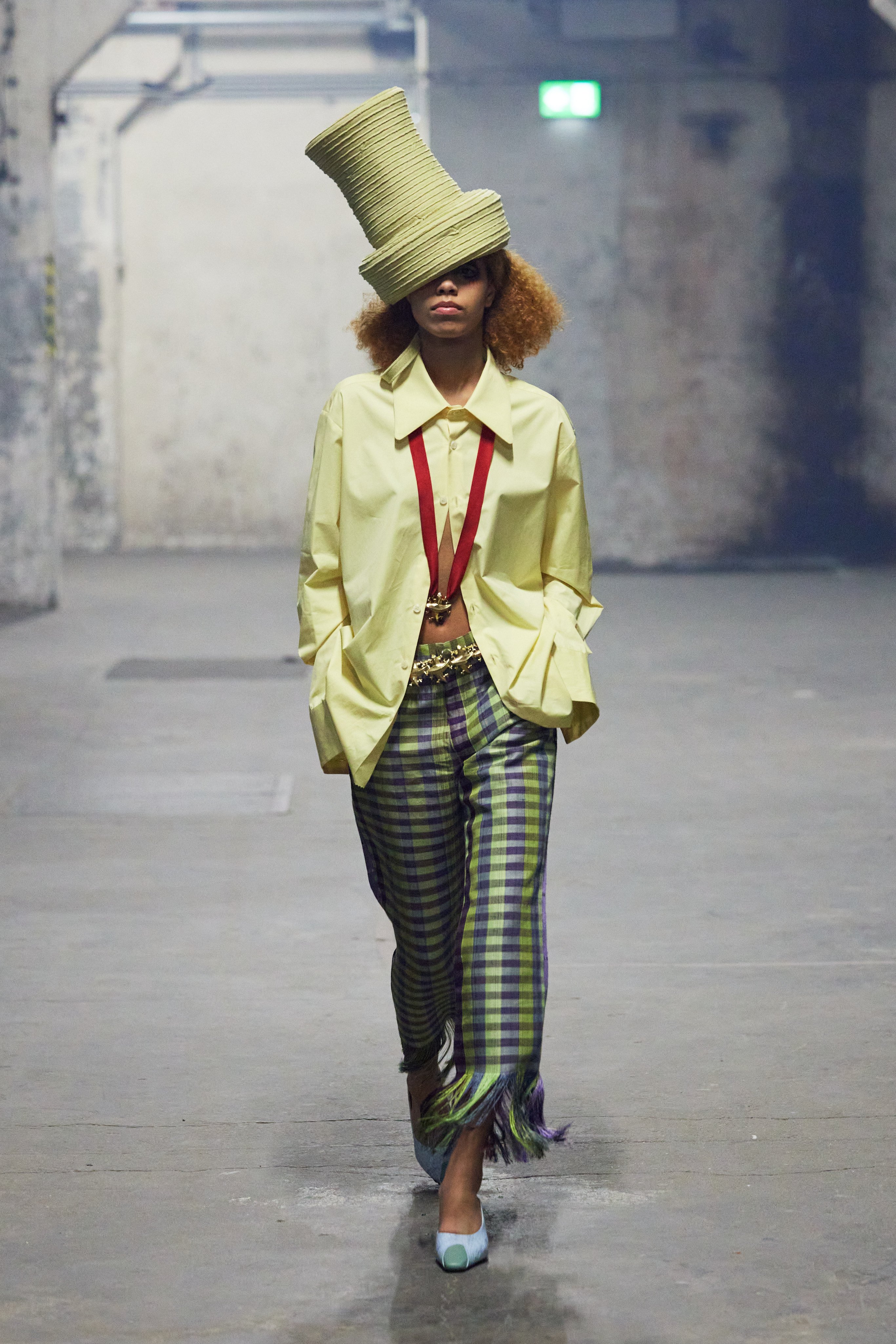
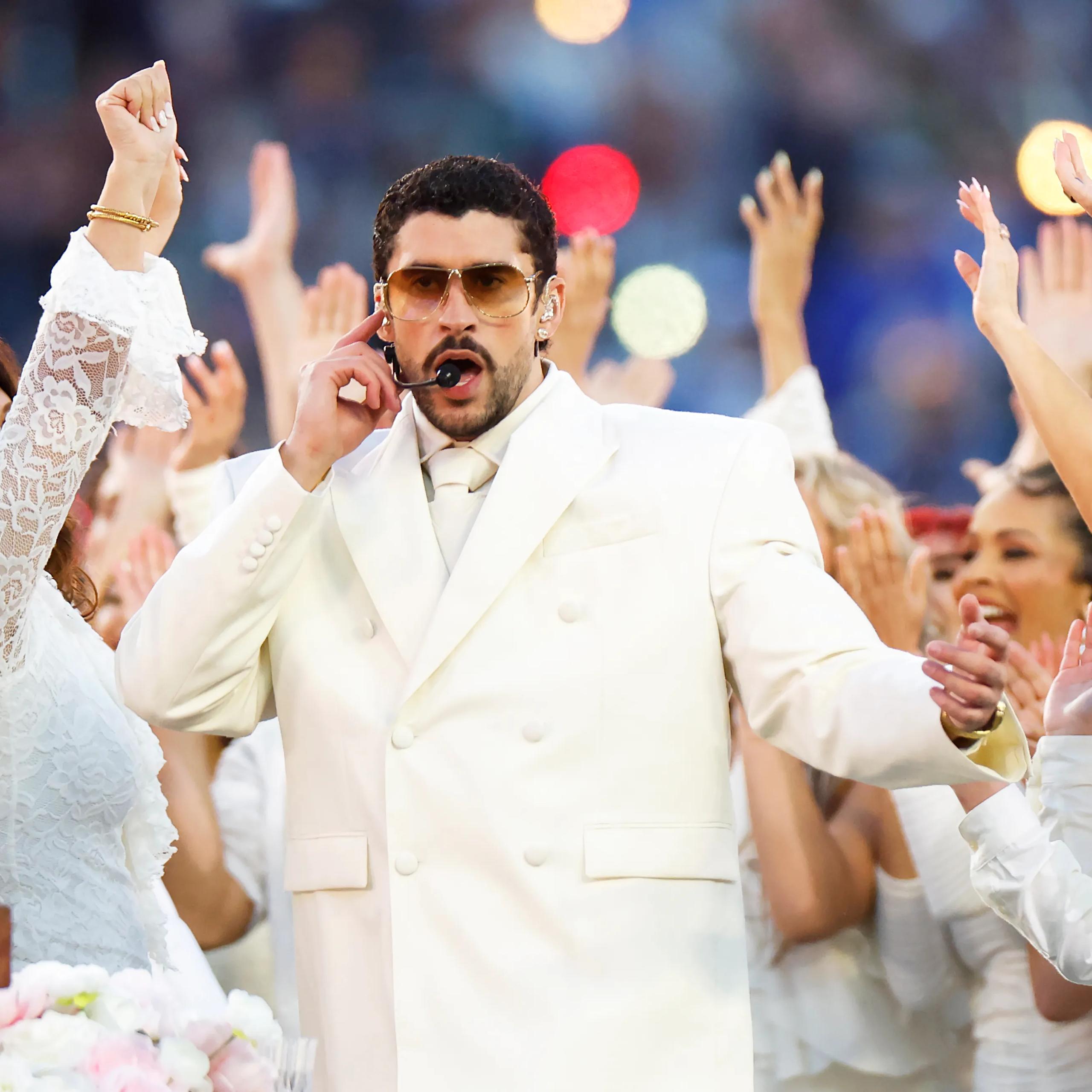



.png)

